Healthy eating is something that animals don’t have to consider. They eat what is available, and it’s generally healthy because it comes from a clean natural environment. Of course, we humans have created civilization and all of its benefits, but there are some prices to be paid. One of those prices is the fact that we have to be more careful about what we eat. While nature tends to emphasize quality over quantity, the civilized human often does the exact opposite. This short guide is meant to give you an overview of the most important nutrition principles.
Macronutrients Explained
There are hundreds of nutrients that might be present in your food, but most of them fall into one of three categories. We refer to these categories as “macronutrients,” and there are three of them:
- Proteins
- Carbohydrates
- Fats
Balancing these three macronutrients is perhaps the most crucial aspect of your nutrition. All of them are essential, and all of them can cause problems if you eat too many.
Let’s start with protein. If you eat too much protein, you can come down with a condition known as “protein poisoning.” Although it does take a massive amount of protein to cause this condition, it is possible to overdose on protein. This kind of thing often happens when a person overeats lean meat, as the body needs a certain amount of fat to process the meat efficiently.
If you eat too little protein, your body will not be able to repair itself very efficiently. Proteins, especially the amino acids, are essential for the repair of damaged muscle tissue. Because all strenuous physical activity produces microscopic tearing in the muscles, the body must continually repair this damage to keep it from spreading. If there isn’t enough protein in your diet, you will experience more muscle soreness and longer workout recovery times.
When it comes to carbs, you need those for quick energy. The body takes carbs and refines them into a fuel source called glycogen, which is the body’s most efficient fuel source. If you don’t eat enough carbs, you will undoubtedly have a hard time producing the energy that you need. If you are the kind of person that works hard and expends a lot of energy, you can’t afford to have a low carbohydrate intake.
At the same time, too many carbohydrates can very quickly result in weight gain. As we said, this is the body’s most efficient energy source. If you don’t use that energy, your body will have no choice but to turn it into fat. In general, the modern diet is too high in carbs because the food industry likes to use them as “filler.” Certain carbohydrates (like sugars) are especially guilty in this regard because they provide the body with energy…but they are also (more or less) devoid of nutrient value.
Too much fat in your diet is obviously a bad thing. It will cause you to gain weight, and it will probably increase your risk of heart disease. A heavier bodyweight will also put more strain on your bones and joints, which can cause you to have joint problems of all sorts. However, cutting out all the fat is not the way to go, either. Fat is essential for the proper functioning of the brain, especially the unsaturated omega fatty acids. The body also needs a certain amount of fat to aid the digestion of protein and other hard-to-digest nutrients.
Fiber Also Matters
Fiber is essential for those who want to maintain regular bowel movements. This topic might be an uncomfortable subject for some, but poor diets result in poor digestion. Fiber acts like a scrub brush in the colon, cleaning out toxins by its rough and absorbent nature. It also slows the rate at which sugar enters the bloodstream. That can be very helpful because it keeps your energy levels from spiking. A corresponding drop usually follows a spike in blood sugar (glycogen energy) in blood sugar. In response to this, most people will either feel lazy or get hungry and eat more.
Processed Foods Are Generally Bad Options
The more your food has been processed, the more unhealthy it is likely to be. That’s why your best bet is to stick with whole and natural foods as much as possible. Due to constraints of cost, a lot of people don’t have the option to cut out processed foods altogether. However, almost anyone can find the space to grow a small garden or raise a few backyard animals for meat (rabbits, chickens, and ducks are all excellent options). Even if you don’t want to start producing your food, it’s a good idea to buy from those who do so.
 The main problem comes down to preservatives. Food usually has to be treated with preservatives to be packed and shipped all over the world. Otherwise, the vast majority of food would spoil in transit. While you may not be able to avoid these preservatives entirely, you can cut down on them by avoiding highly processed foods. There is some evidence to suggest that preservatives can cause cancer, so you should not underestimate this factor.
The main problem comes down to preservatives. Food usually has to be treated with preservatives to be packed and shipped all over the world. Otherwise, the vast majority of food would spoil in transit. While you may not be able to avoid these preservatives entirely, you can cut down on them by avoiding highly processed foods. There is some evidence to suggest that preservatives can cause cancer, so you should not underestimate this factor.
Conclusion
This article is only a brief guide, and we hope that you will use it as a tool with which to do further research and learn even more. We chose to focus on macronutrients for this article because those are the three most important nutrient groups. By understanding these three groups, you can understand how the majority of nutrients work. By combining that understanding with a reduction in processed foods and sufficient amounts of good-quality fiber, you can create a workable plan for healthy eating that is sure to increase your quality of life. We hope that you are able to attain those results, and also that you will follow us on Facebook using the link below.


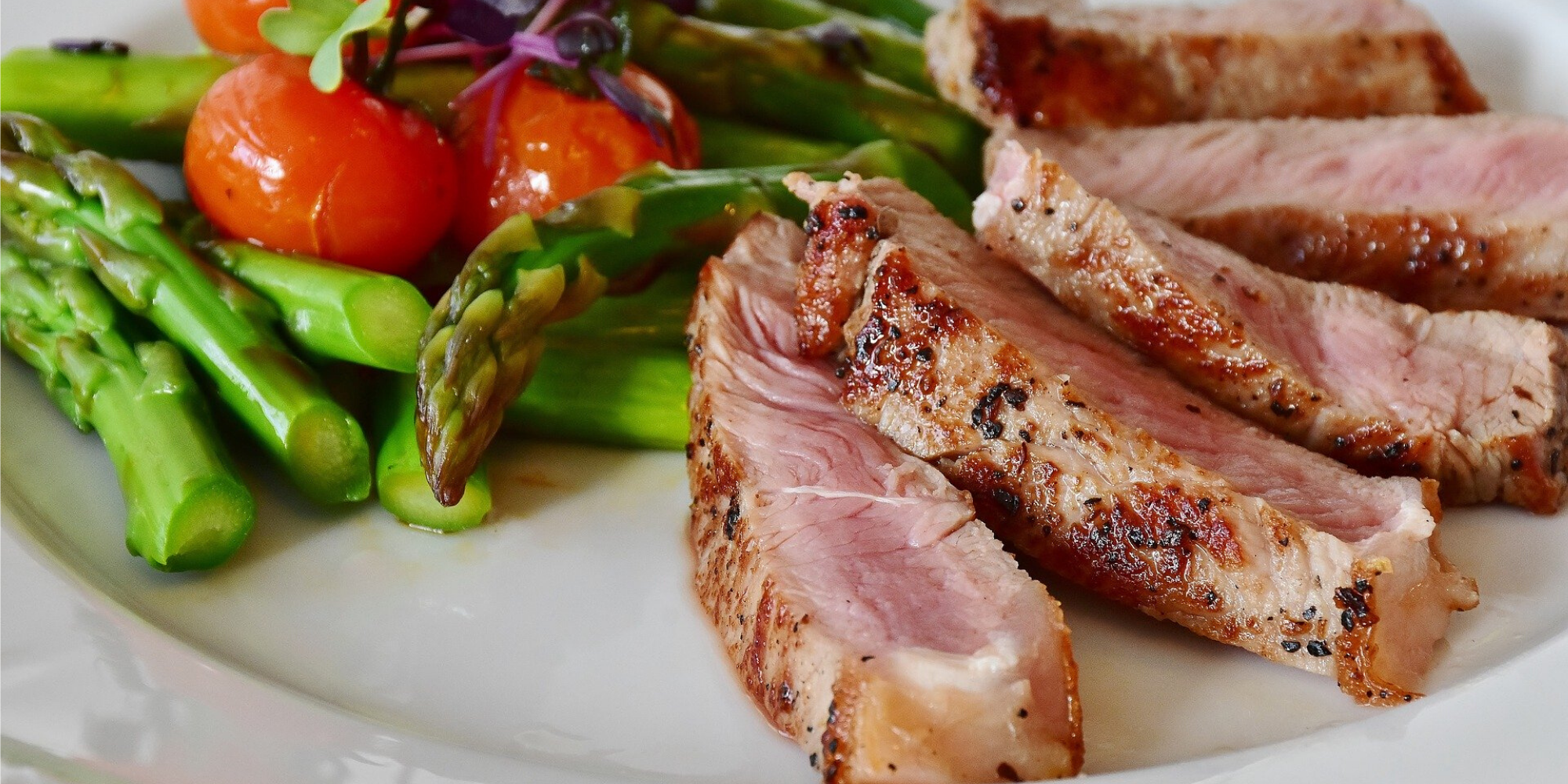
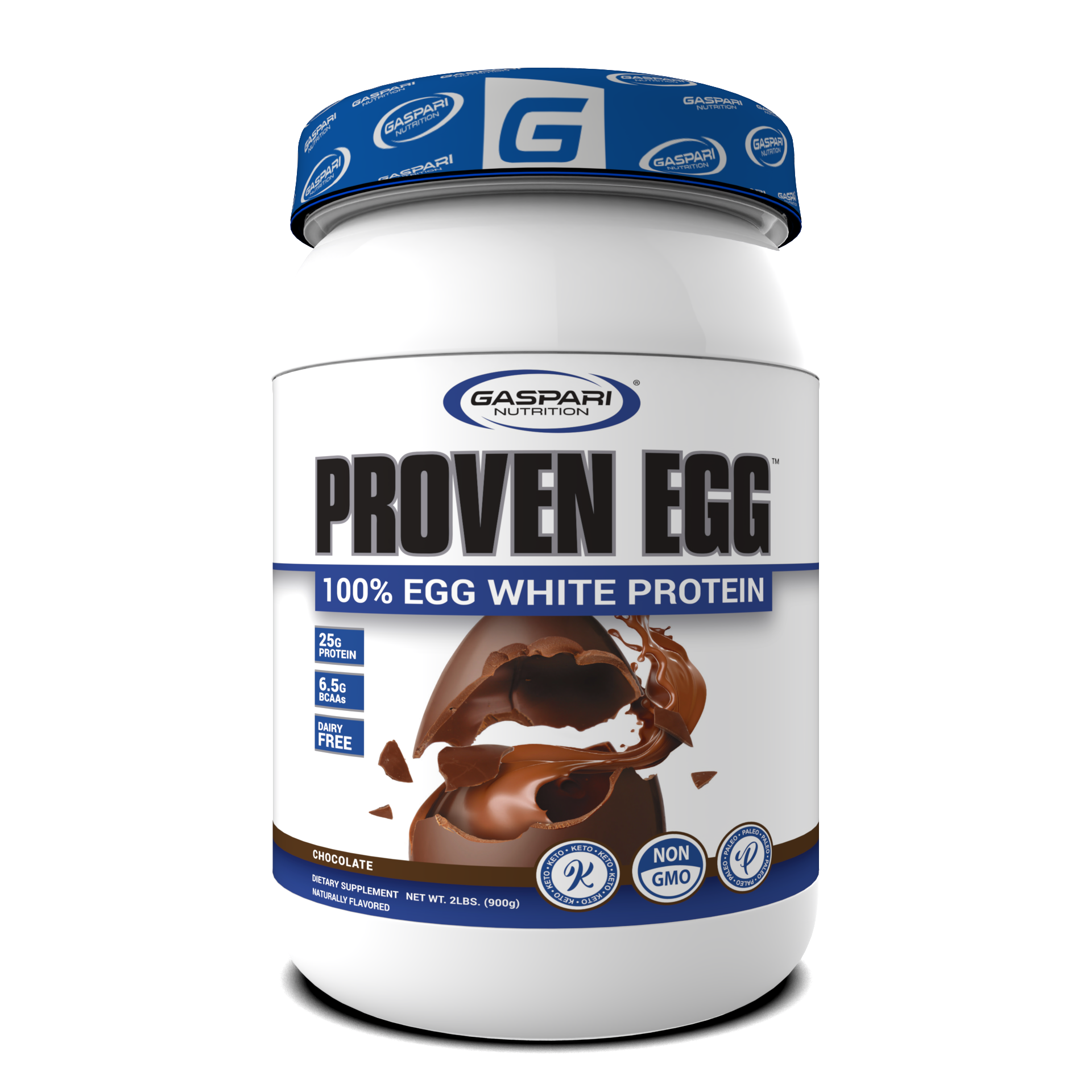



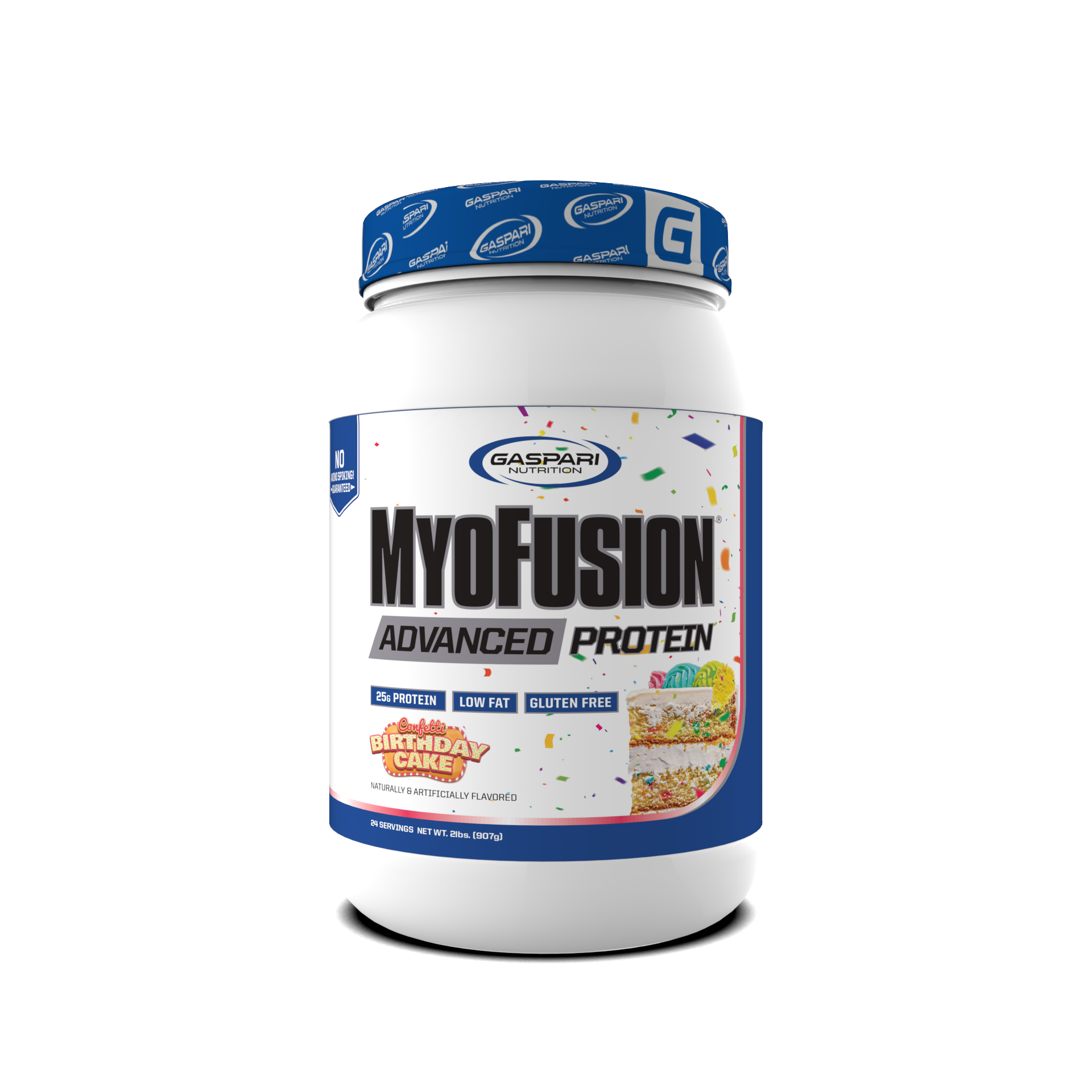



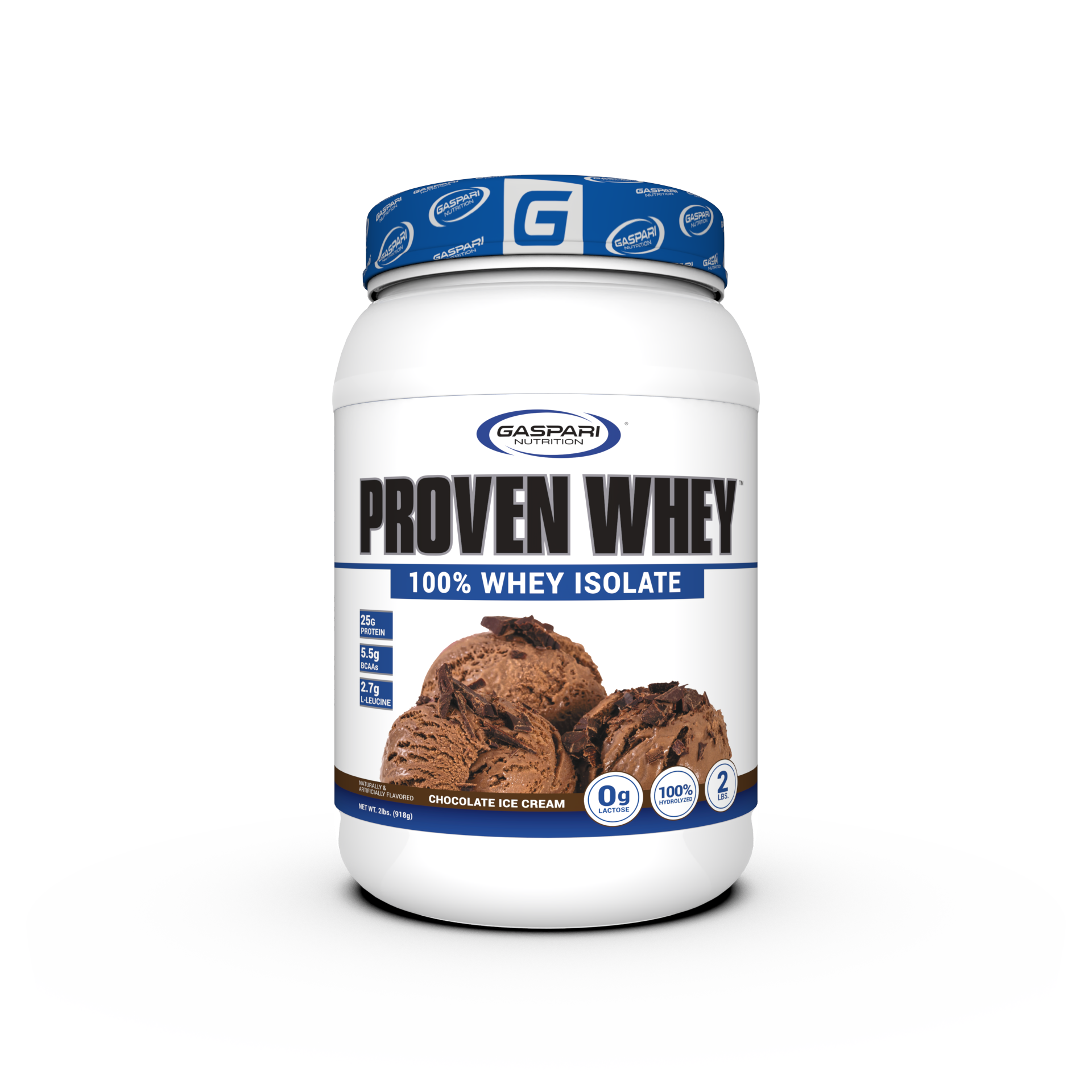




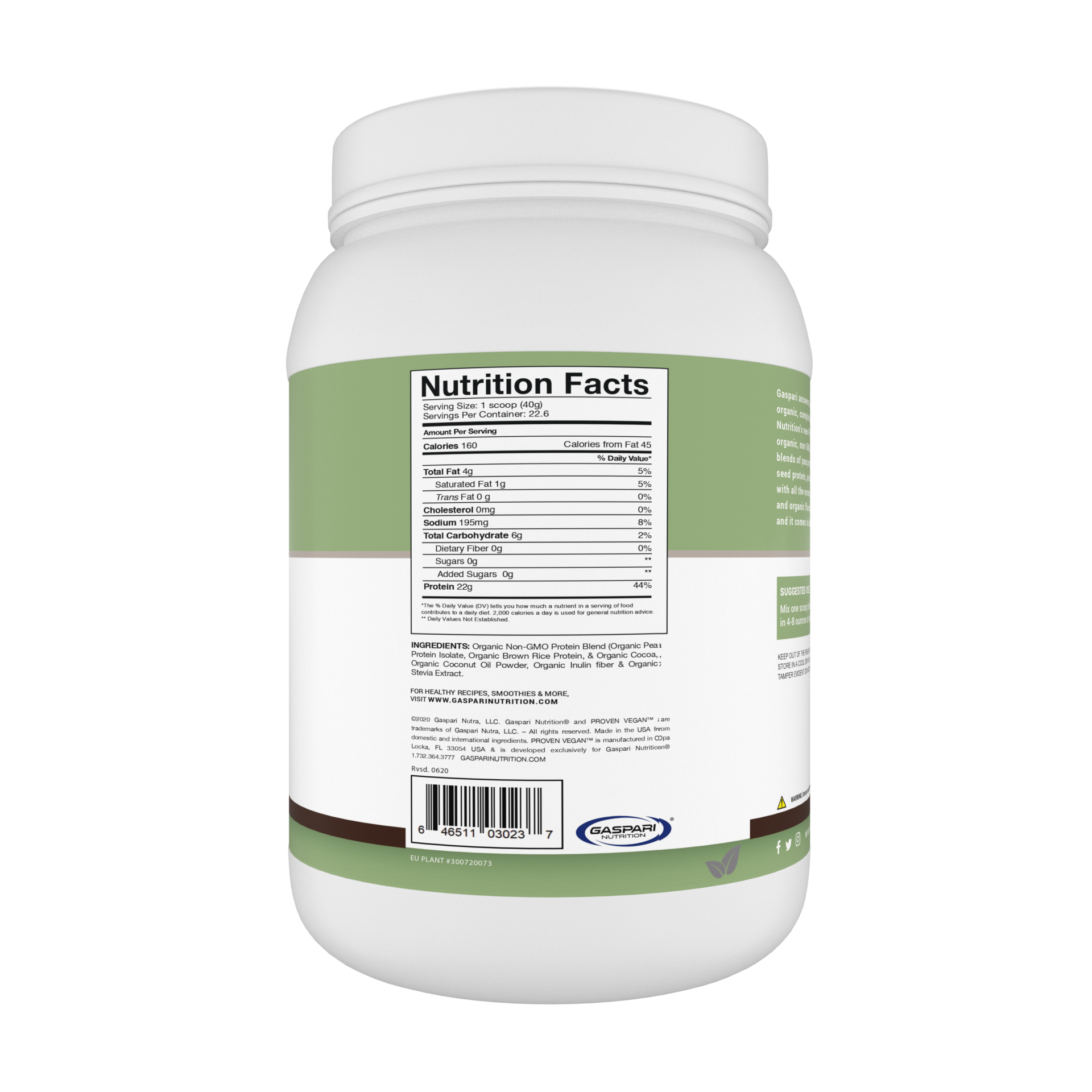






















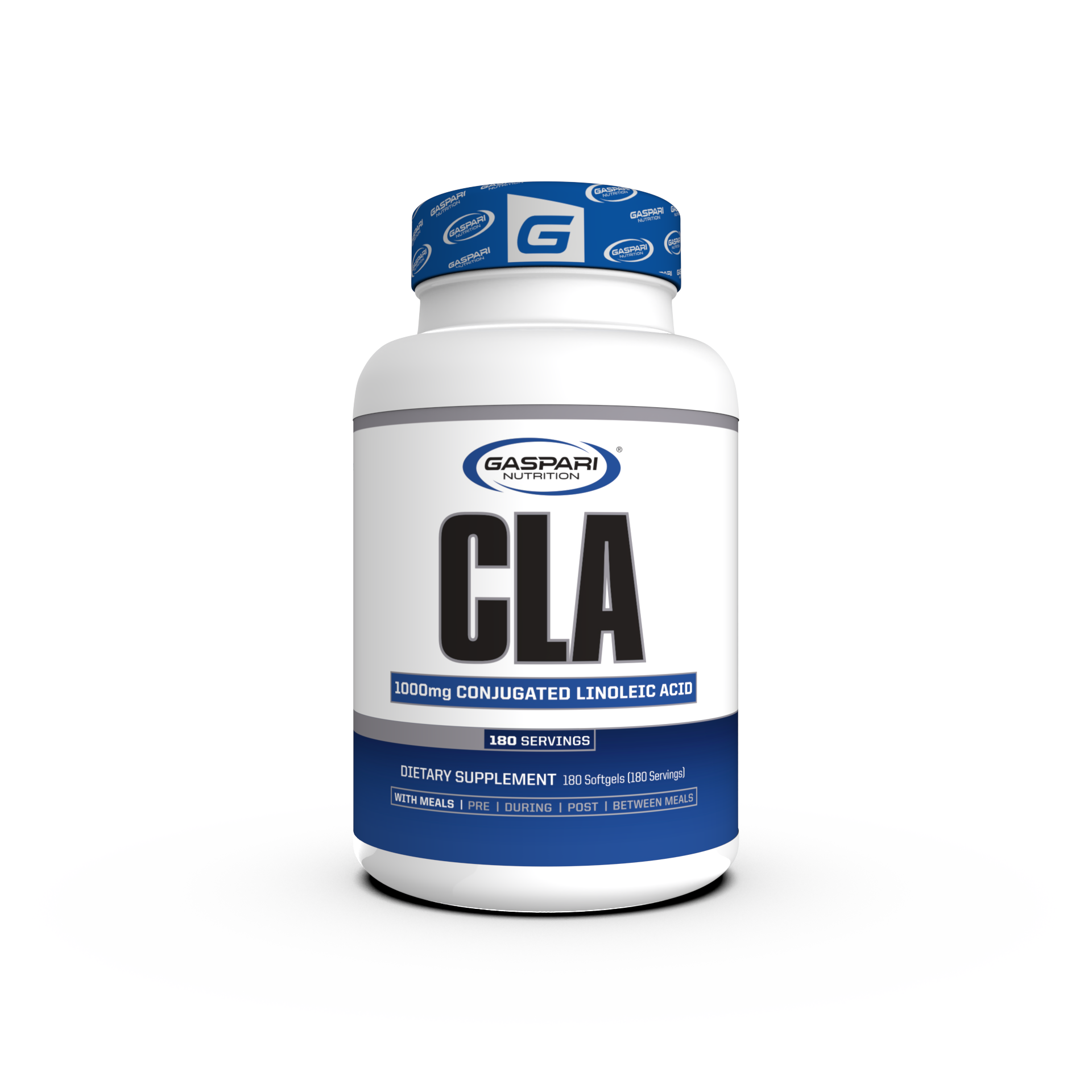



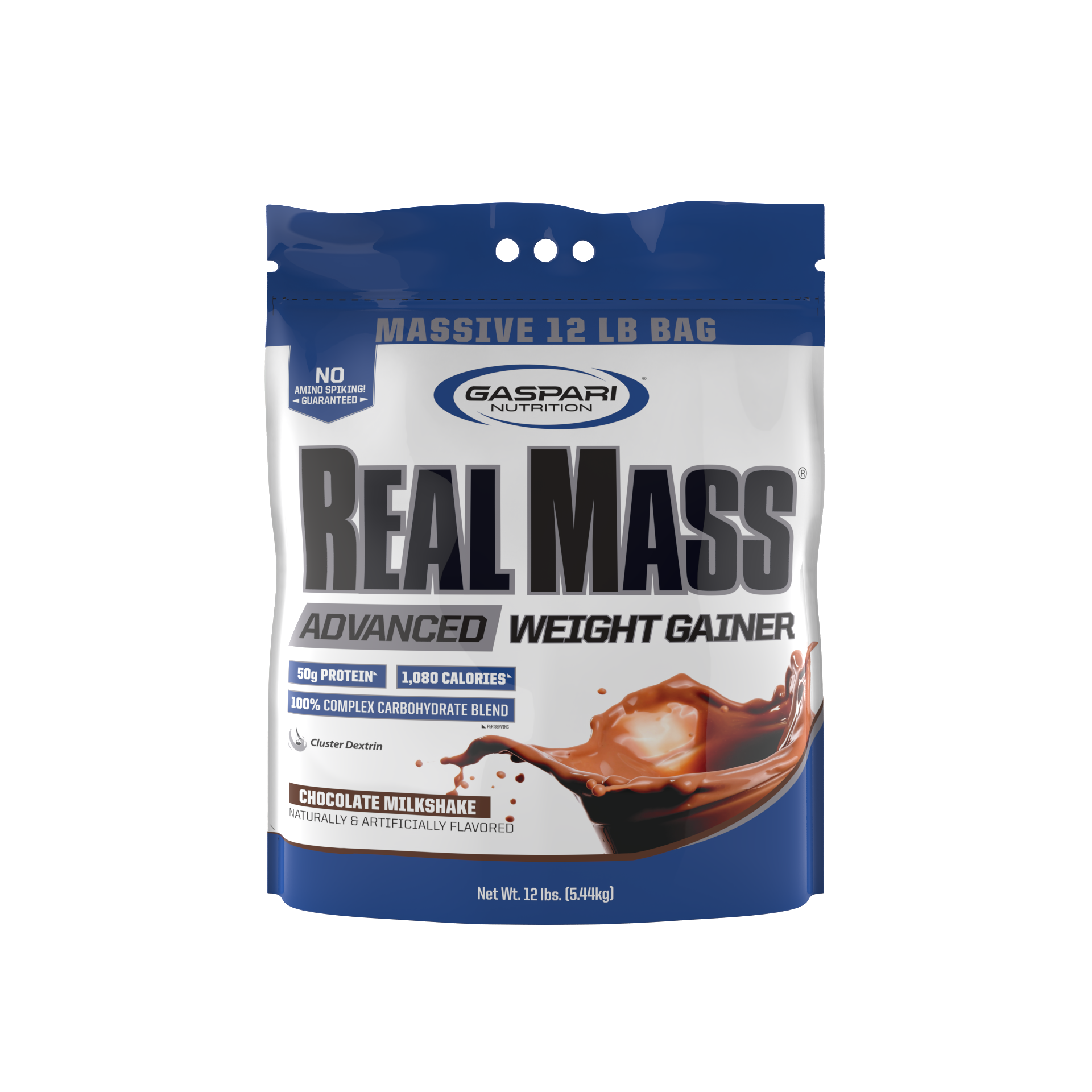















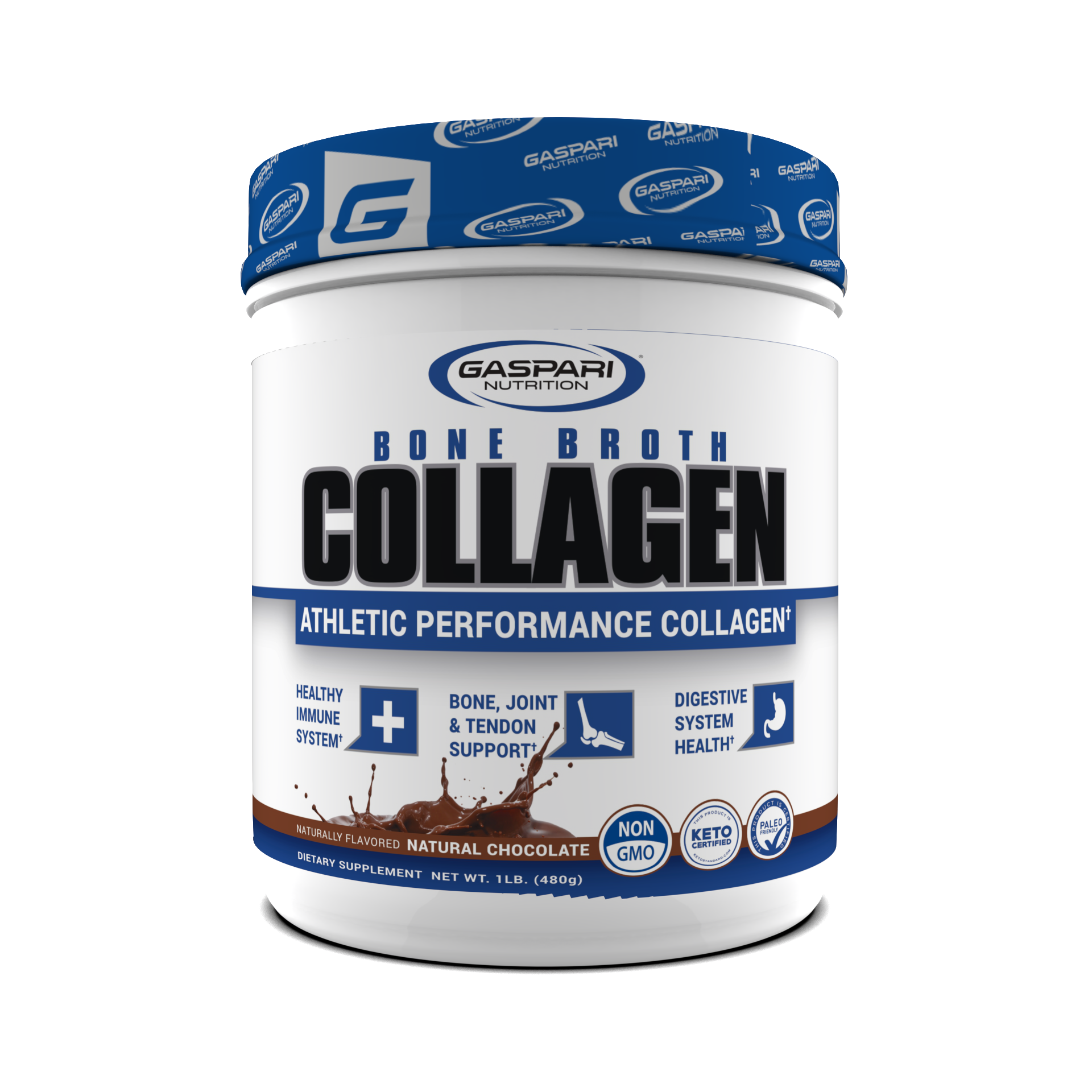















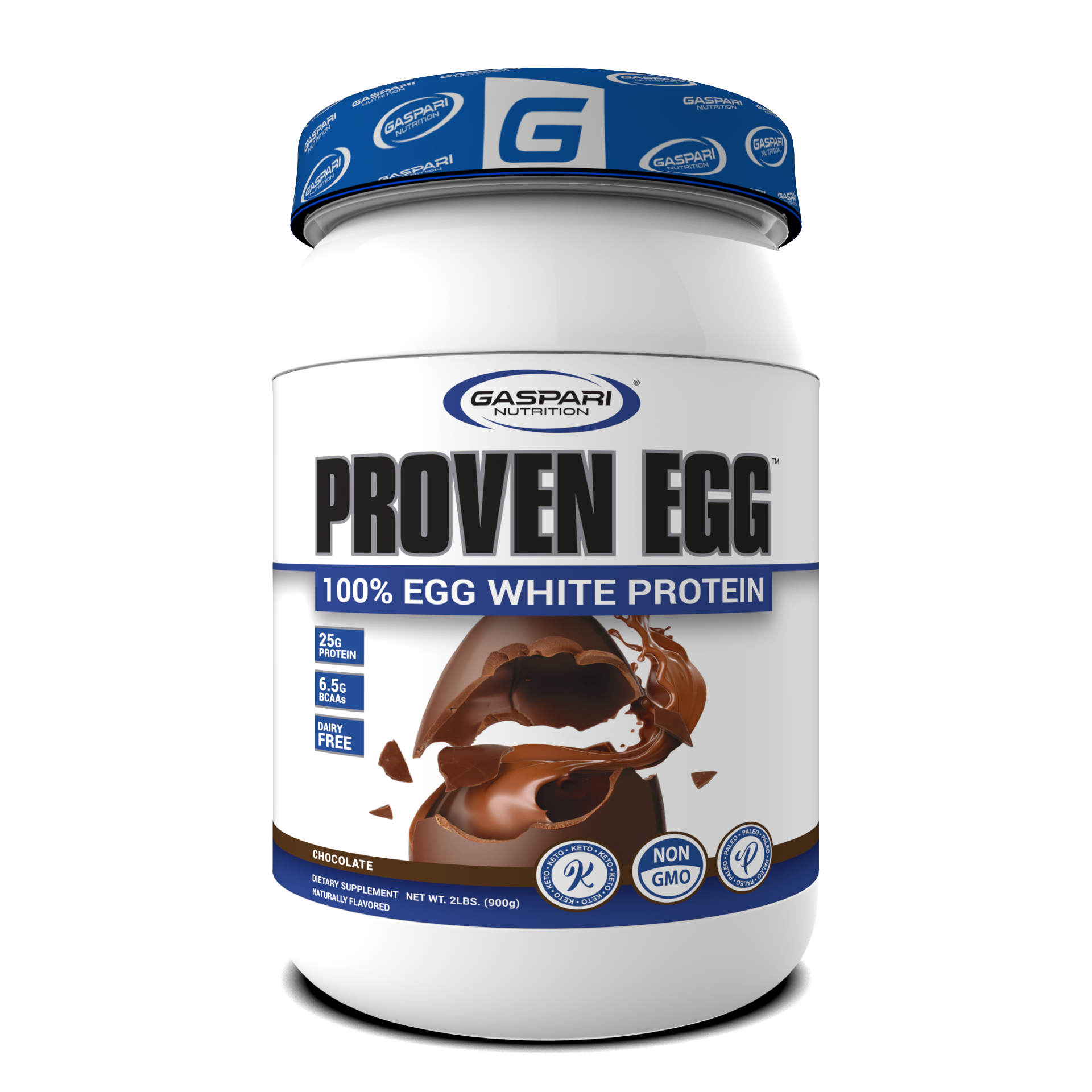

Share:
What Is A Fast Metabolism And How To Get It
Staying Hydrated Helps You Get The Most From Your Workout